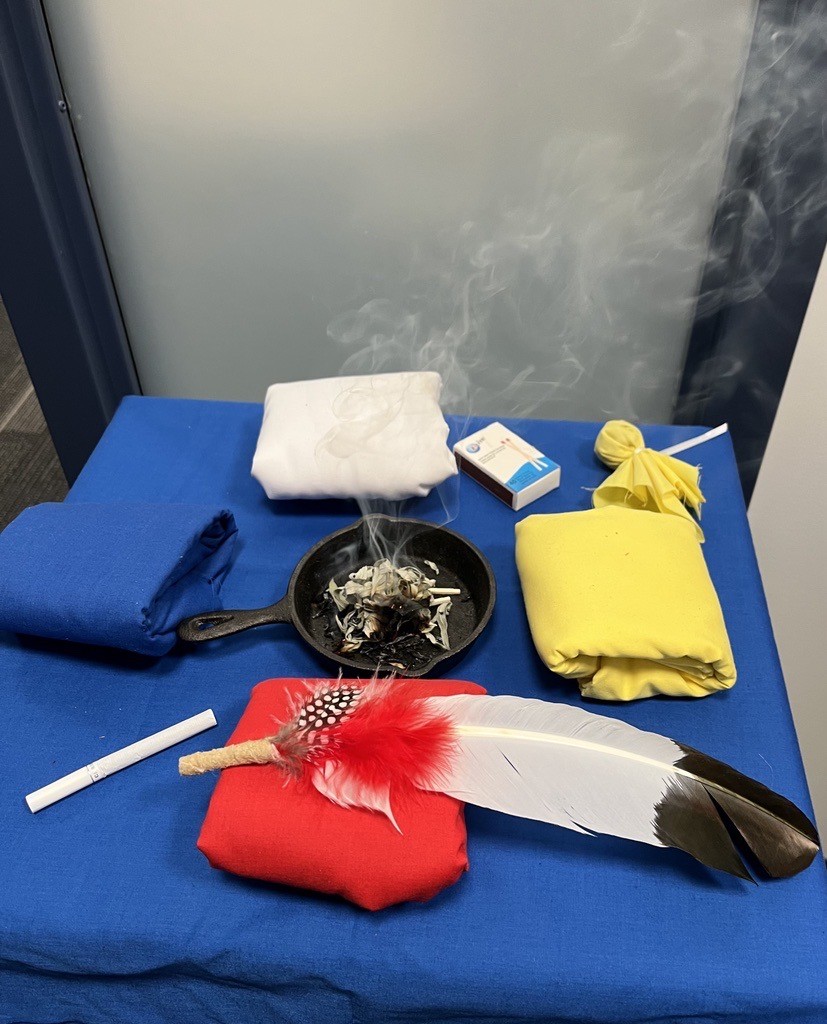Reconciliation, Decolonization, and Resurgence
Reconciliation and decolonization involves changing how Indigenous and non-Indigenous groups interact to reduce the negative effects of colonial systems on Indigenous Peoples’ governments, beliefs, cultures, and education systems (BCcampus, 2020). According to the College of Alberta Schools Superintendents (2022),
Reconciliation is about establishing and maintaining a mutually respectful relationship between Aboriginal and non-Aboriginal peoples in this country. In order for that to happen, there has to be awareness of the past, acknowledgement of the harm that has been inflicted, atonement for the causes, and action to change behaviour.
Reconciliation is a crucial step, and led to the creation of the Truth and Reconciliation Commission of Canada in 2008, who put forth 94 steps to action. At a systemic level, this approach has been acknowledging past harms, yet at a practical level, it is far from achieving long-lasting sovereignty and self-governance for Indigenous, Inuit, and Métis communities. Decolonization is another act that dismantles oppressive systems and helps Indigenous Peoples to reclaim lost land, culture, language, nation, family, and traditions. Decolonization challenges the foundation of the Eurocentric structures that guide reconciliation and seeks for true self-governance and autonomy. Cull et al. (2018, section 1) defined decolonization as follows:
the process of deconstructing colonial ideologies of the superiority and privilege of Western thought and approaches. On the one hand, decolonization involves dismantling structures that perpetuate the status quo and addressing unbalanced power dynamics. On the other hand, decolonization involves valuing and revitalizing Indigenous knowledge and approaches and weeding out settler biases or assumptions that have impacted Indigenous ways of being.
This definition is more expansive, creating space for change to occur at microlevels. Decolonization begins with rediscovering and embracing Indigenous identity and self-determination, and requires dedication, support, and a profound appreciation of culture. The concept of decolonization has led to a movement towards Indigenous resurgence, which demonstrates the resilience and strength of Indigenous Peoples. Much of the focus has been on intergenerational trauma, but many now advocate to shift the focus to intergenerational resilience as the path to healing.
Seneca College stated, “Indigenous resurgence means that Indigenous people can reclaim what has been stolen from them whether it is their land, language, cultural artifacts, traditions, teachings, and even their perspectives on our collective history” (para. 5). Resurgence is focused on Indigenous identity, community, and ways of knowing. Some examples of resurgence may be visible movements such as the Idle No More movement, yet other examples of resurgence may be the act of traditional storytelling. Corntassel et al. (2009) stated, “Indigenous stories of resilience are critical to the resurgence of our communities.” Reconciliation, decolonization, and resurgence indicate the movement towards allyship, honouring the past, and rewriting history to include the trauma of colonization and how those systems are perpetuated in today’s society.

References
BCcampus. (2020). Indigenization guide: Decolonization and reconciliation. https://bccampus.ca/2020/09/09/indigenization-guide-decolonization-and-reconciliation/
College of Alberta School Superintendents. (2022). Guide to relationships and learning with the Indigenous Peoples of Alberta. Reconciliations. https://cass.ab.ca/indigenous-education/
Corntassel, J., Chaw-win-is, & T’lakwadzi. (2009). Indigenous storytelling, truth-telling, and community approaches to reconciliation. English Studies in Canada, 35(1), 137–159. https://doi.org/10.1353/esc.0.0163
Cull, I., Hancock, R. L. A., McKeown, S., Pidgeon, M., & Vedan, A. (2018). Pulling together: A guide for front-line staff, student services, and advisors. BCcampus. https://opentextbc.ca/indigenizationfrontlineworkers/
Seneca College. (2022). Skoden: Teaching, talking, and sharing about and for reconciliation. https://ecampusontario.pressbooks.pub/skoden/chapter/indigenous-resurgence/
Image Credit
Figure 2: Smudging by Lynn Lush, the Indigenous Knowledge Keeper at NorQuest College. Used with Permission.

